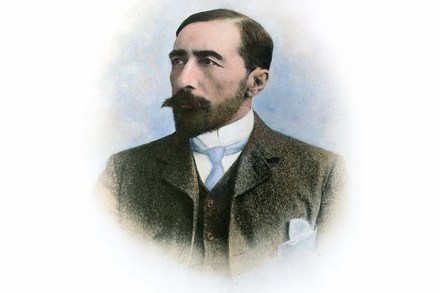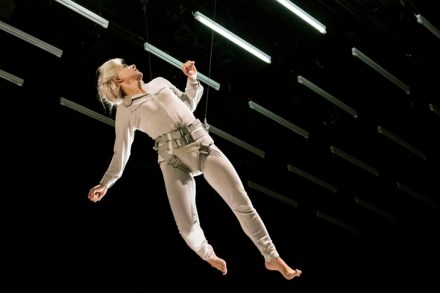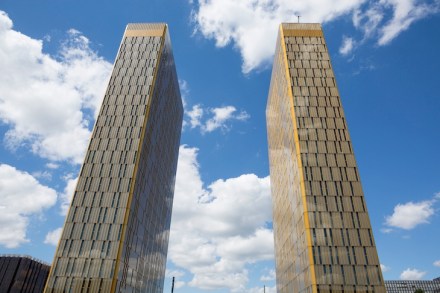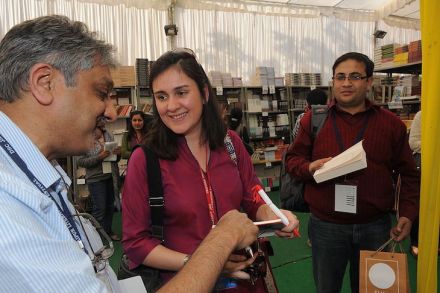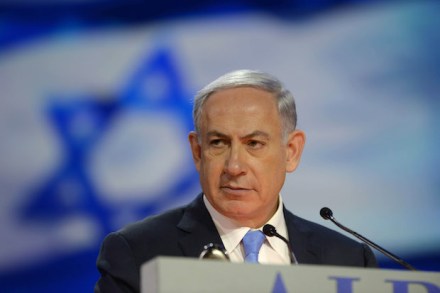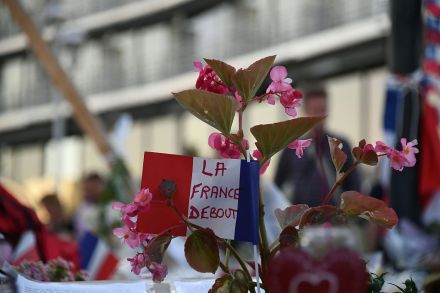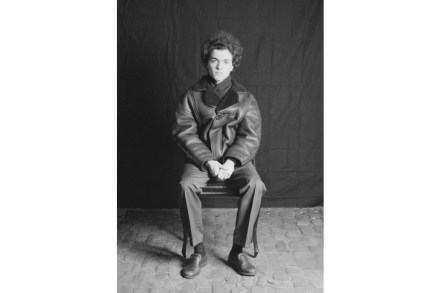Better a dead fanatic in Syria than a live one in Britain
Let us give thanks for the straight-talking Rory Stewart. After last week’s alarming comments from Max Hill, a QC who appears to believe British Isis fighters just need some TLC, Stewart, a Foreign Office minister, has given a more incisive assessment of the approach that should be taken towards the British jihadists still at large in Syria and Iraq. ‘They are absolutely dedicated, as members of the Islamic State, towards the creation of a caliphate,’ the Conservative MP told the BBC’s John Piennar. ‘They believe in an extremely hateful doctrine which involves killing themselves, killing others and trying to use violence and brutality to create an eighth century, or seventh



